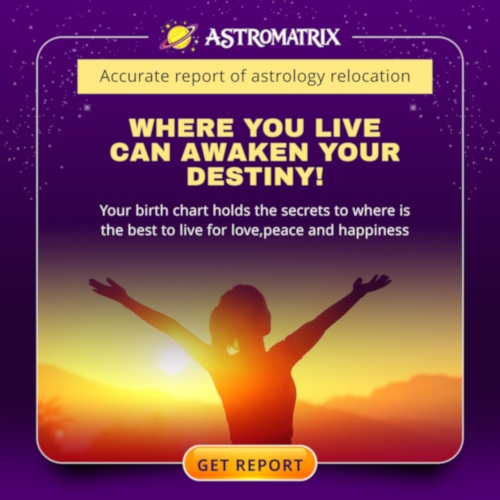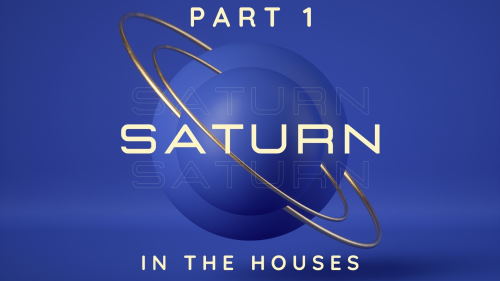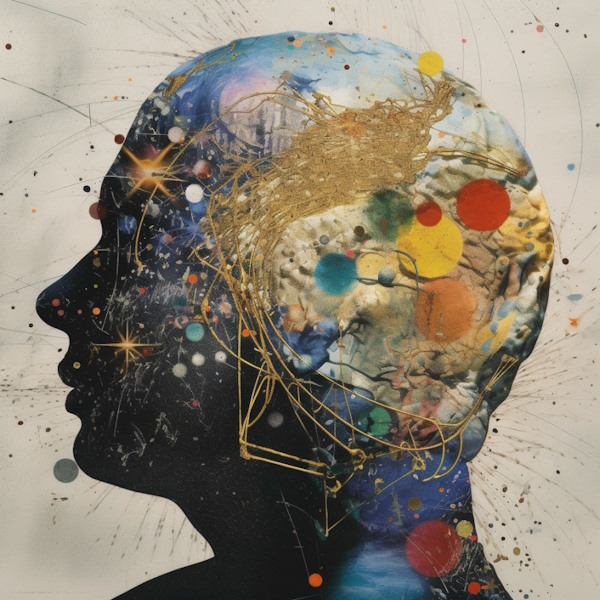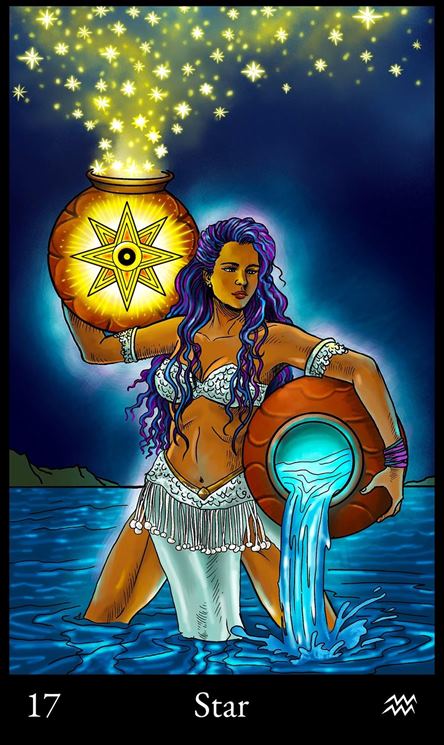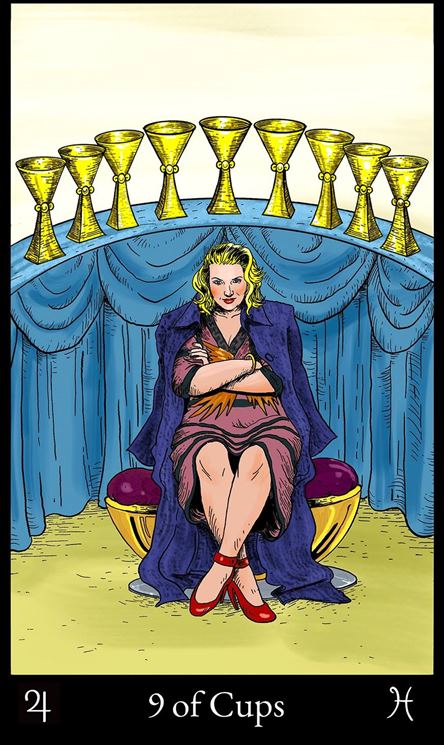Uranus Sextile Neptune ~ Planet Aspects
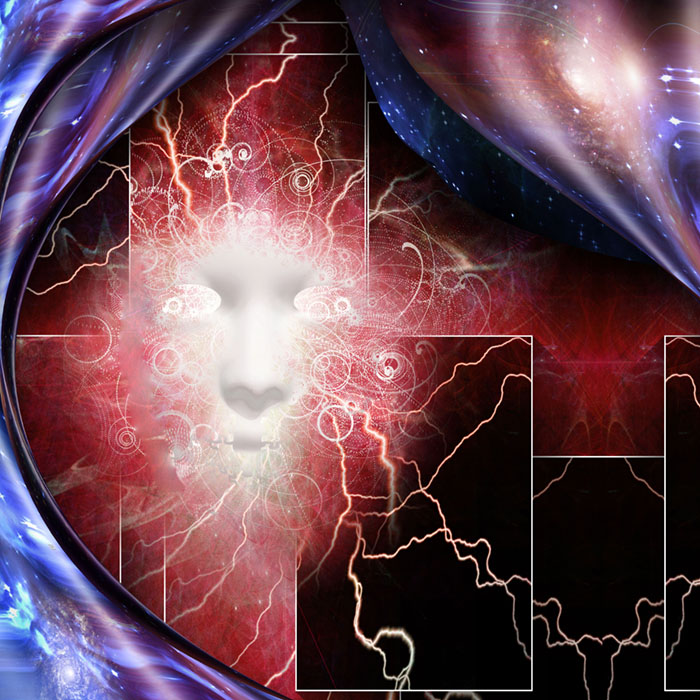
"I believe in the power of individuals to shape their own destinies and create a society that values freedom, truth, and the potential of every person."
- Challenging establishment and secrecy
- Supporting freedom of information
Uranus Sextile Neptune Opportunities
- Reinterpreting societal roles and conventions
- Asserting individual power and freedom
Uranus Sextile Neptune Goals
Uranus Aspects
Uranus represents our intuitive abilities that spurs invention. It is associated with progressiveness, objectivity, ingenuity and revolution. It is forever looking ahead and shuns tradition and instead celebrates originality and change. In your chart the position of Uranus and the planets it aspects will indicate what areas of your life need to be redefined as well as challenged. If badly aspected it could indicate instability or denial of responsibility
Uranus Sextile Neptune Meaning
The Uranus sextile Neptune aspect invites a sense of skepticism towards leaders, institutions, and authorities. If you have this aspect, you likely find yourself challenging the secrecy and manipulation of information often deployed by those in power. You deeply feel that accurate and transparent information should be a fundamental right for everyone, rather than a privilege controlled by the elite. How do you reconcile your desire for openness with the realities of societal power structures? Understanding the nuances of how power is wielded can empower you in your quest for transparency.
This aspect fosters a strong inclination towards supporting causes that promote freedom of information. You believe the state should serve its people, not the other way around. There's a fundamental need within you to reassert personal power and freedom, particularly in the face of state bureaucracy which often feels impersonal and overbearing. You may find yourself drawn to movements that champion the redistribution of power back to individuals. Consider reflecting on how your involvement in such causes can be balanced with practical strategies to achieve tangible changes.
There is a core optimism in your belief in human potential that might be perceived as naive or idealistic by some. Nevertheless, this belief is grounded in the principle that everyone should have the freedom to choose their path in life, provided they do not harm others. You envision a society that nurtures personal development and creativity, as opposed to one that imposes rigid economic roles and social conventions. How can you create spaces in your own life and community that reflect these ideals of personal fulfillment and creativity?
Your desire for a self-determining life challenges the traditional pathways of leadership where positions are often attained through wealth or heritage. You seek ways to participate actively in social decision-making processes, aiming to steer society towards ideals of brotherhood and emotional fulfillment. Reflect on how your unique contributions can inspire and ignite collective change. By finding like-minded individuals, you can amplify your impact and work towards a more inclusive and conscious society.
In the pursuit of these revolutionary and evolutionary philosophies, it's crucial to maintain a sense of compassion both for yourself and others. Understand that change, particularly at the societal level, is a gradual process. Balancing your visionary ideals with patience and practical efforts can help you navigate the complexities of social transformation. How do you sustain your optimism and drive across the long haul?
As you navigate these energies, remember to honor your own unique journey while also remaining open to differing perspectives. This balance can help fortify your idealism with real-world effectiveness. Ask yourself: How can you bridge the gap between your revolutionary ideas and the current societal structure to foster meaningful change?
Uranus Sextile Neptune Keywords
For more information on your birth or transit aspects to discover your true potential, check out our captivating, interactive, and completely free love report. Learn how your empathetic nature shapes your interactions and enriches your relationships.
Our intuitive, user-friendly layout guides you through each aspect of your spiritual vision, making it effortless to pinpoint areas where you might need guidance in decision-making. By using your precise birth details, we ensure unmatched accuracy, delving deeper with the inclusion of nodes and select asteroids. Experience insights and revelations far beyond what typical reports and horoscopes offer.




